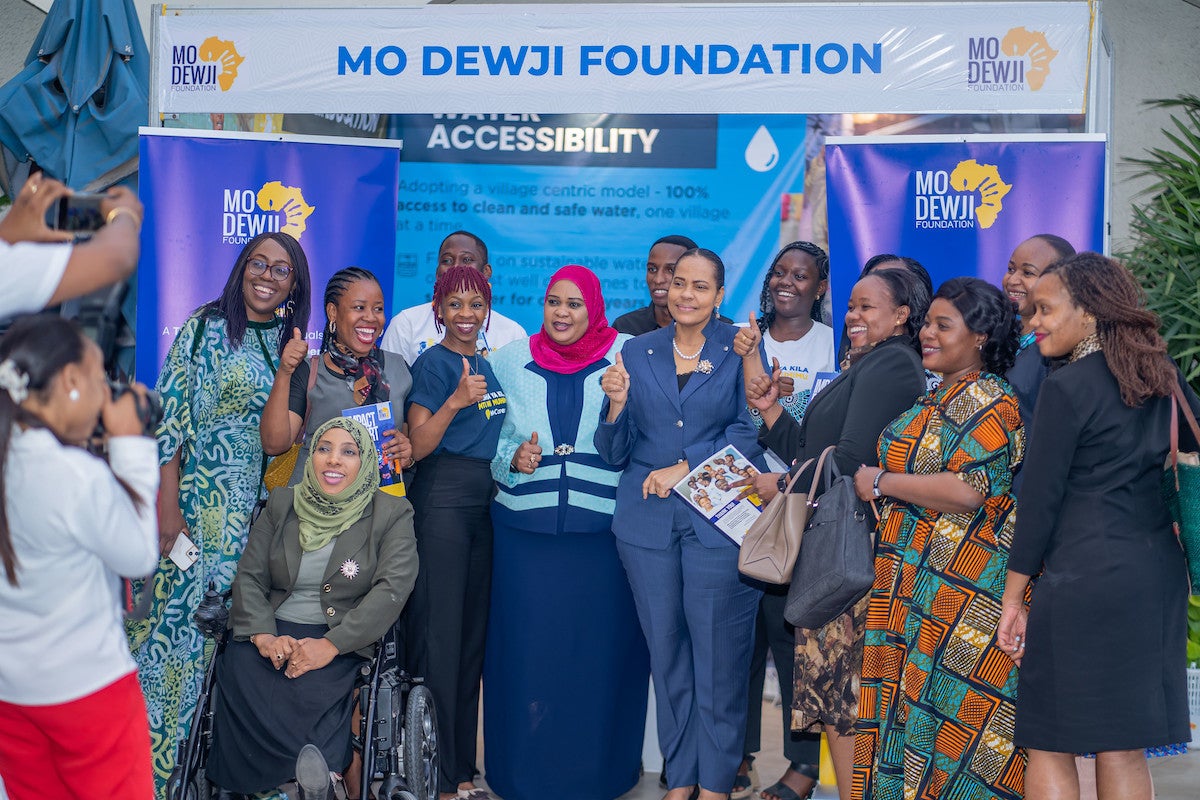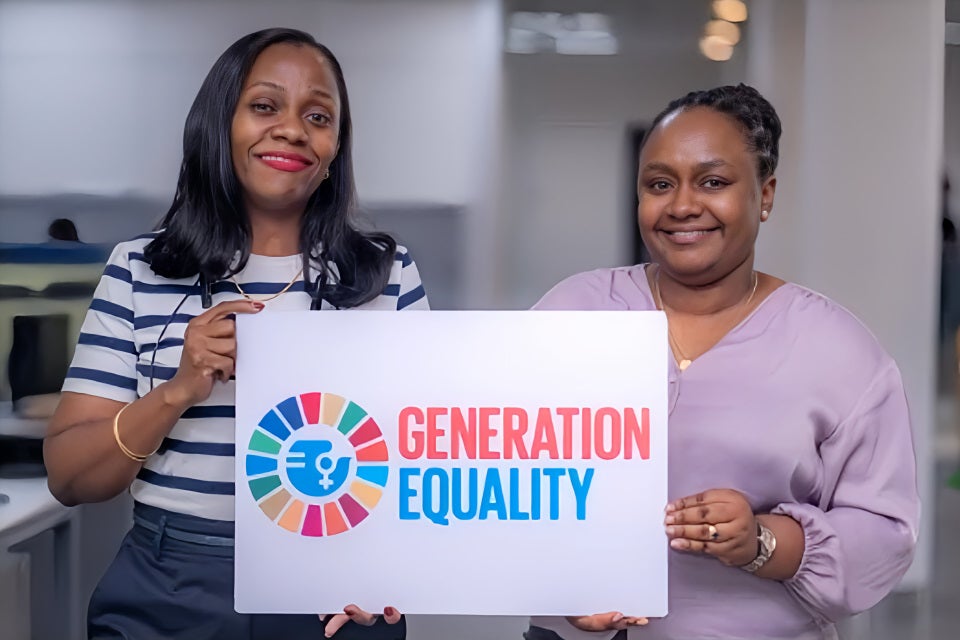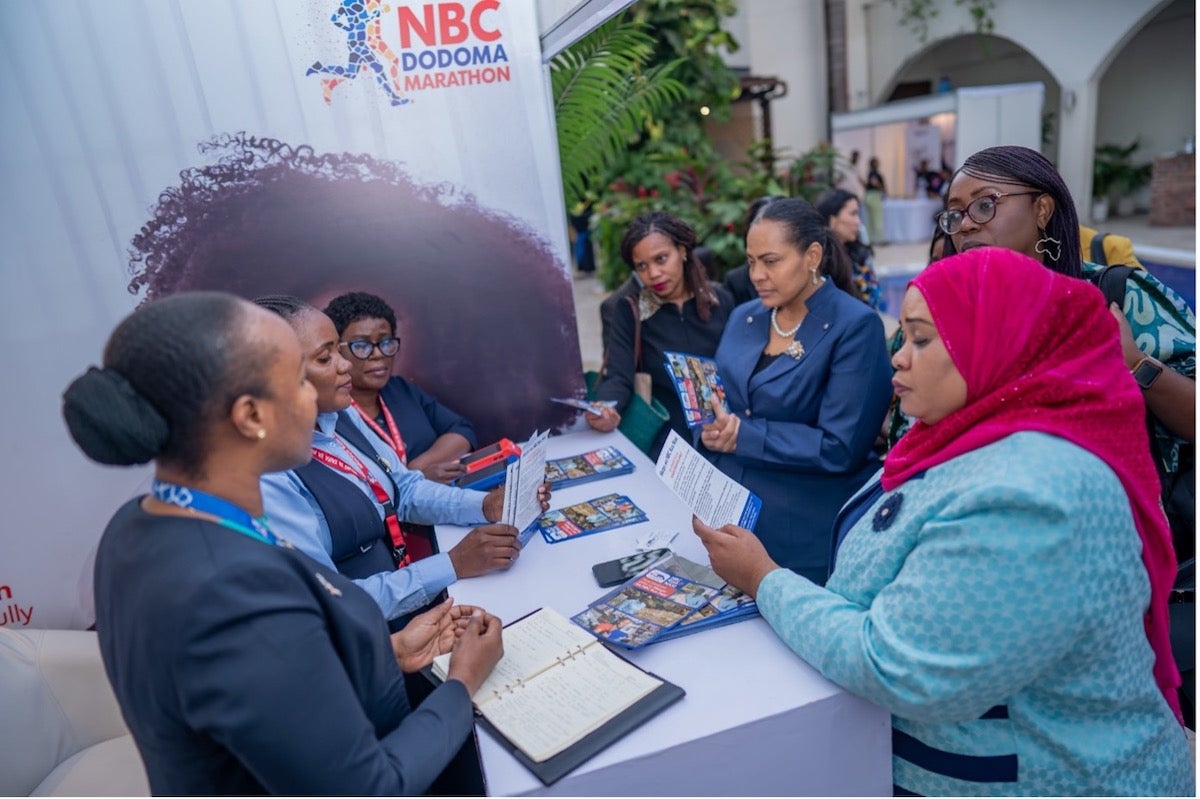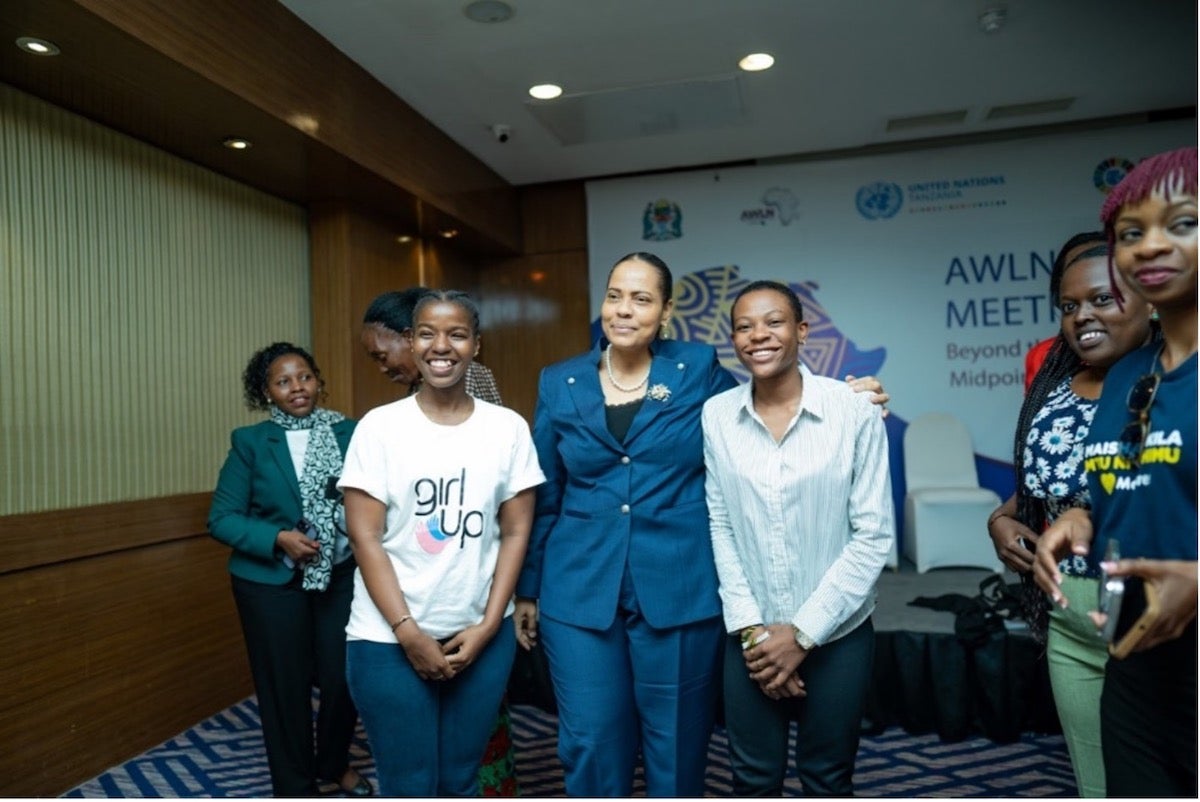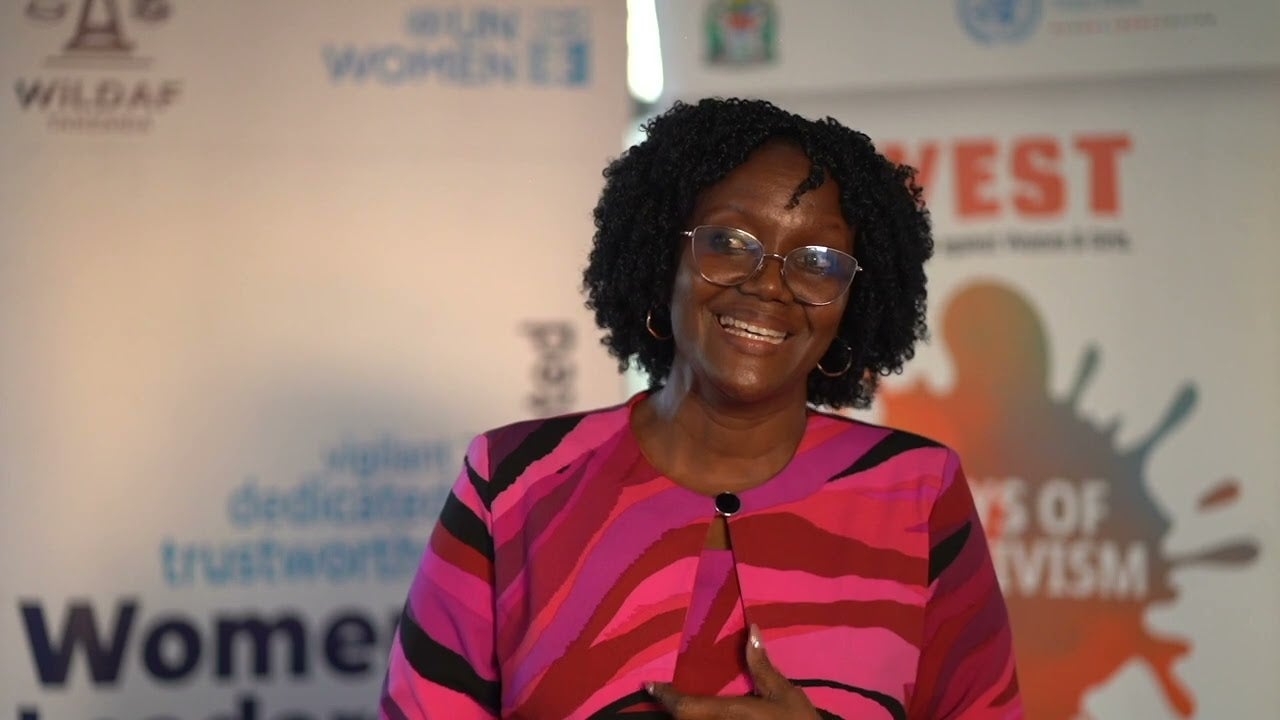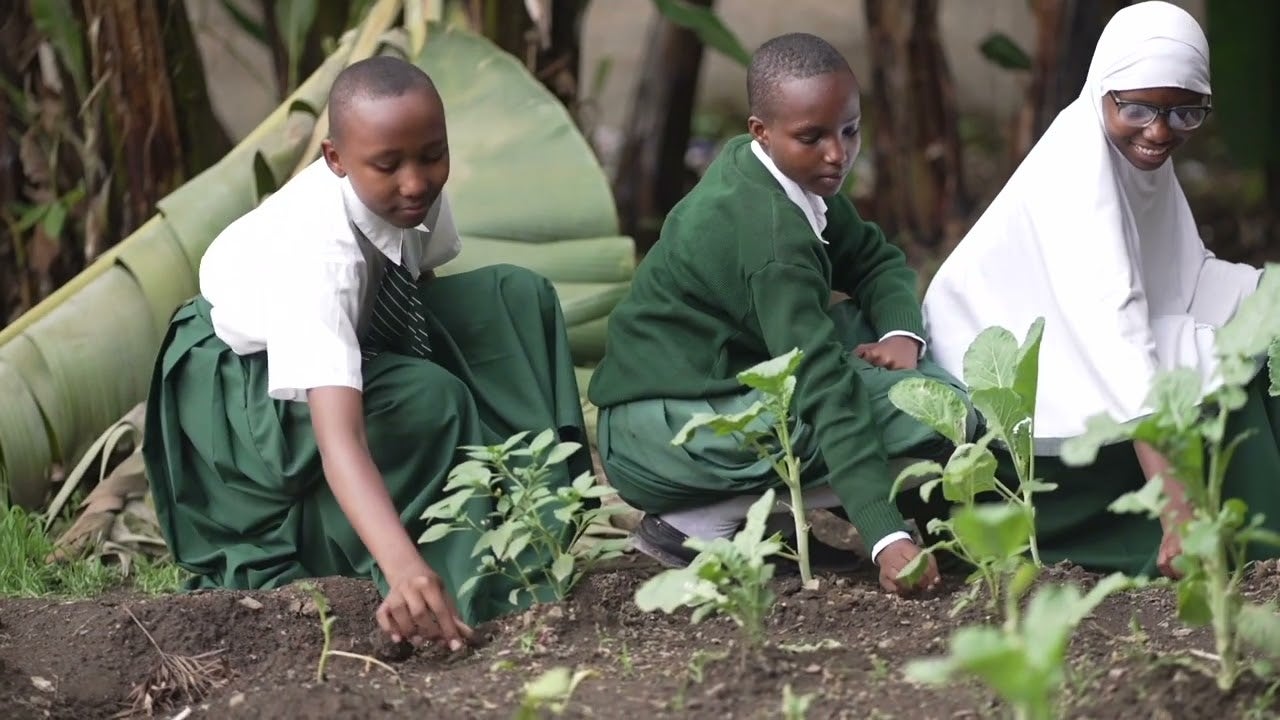Generation Equality in Tanzania
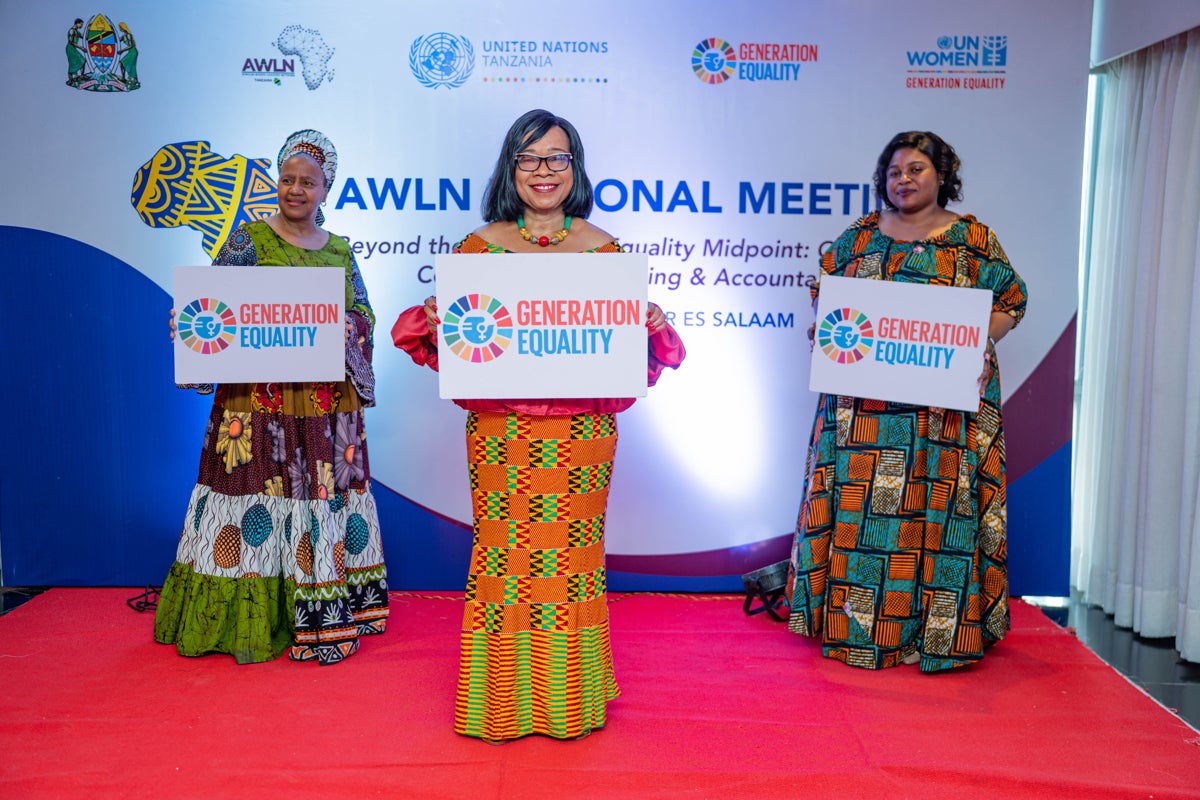
Generation Equality in Tanzania is driven by a collaborative, multi-sectoral approach involving government agencies, civil society organizations, private sector partners, and youth-led groups. The Tanzania Generation Equality Program (TGEP) for 2021–2026 was established to coordinate these efforts, focusing on the Economic Justice and Rights Action Coalition. Through TGEP, Tanzania is committed to advancing women’s economic empowerment by promoting decent work, expanding opportunities in both formal and informal sectors, and increasing women’s access to financial resources. Implementation is overseen by the National Advisory Committee, which advises the President on progress and aligns national efforts with global Generation Equality goals.
To ensure that Generation Equality commitments are realized across the country, Tanzania has established focal points in 26 regions and 184 councils on the mainland, as well as in 5 regions and 6 councils in Zanzibar. These focal points help coordinate and report on progress, supporting a structured approach to implementing gender equality initiatives at both local and national levels. Steering Committees have also been created to ensure transparency, validate commitments, and monitor action plans, reinforcing Tanzania’s dedication to advancing gender equality with accountability.
The Government of the United Republic of Tanzania (URT), Action Coalition Leader on Economic Justice and Rights, has taken an active leadership role in promoting Generation Equality, setting an example through policies, partnerships, and international collaborations. In 2023, Tanzania hosted the High-Level Generation Equality Africa Regional Meeting on Financing for Gender Equality, co-organized with UN Women and the International Monetary Fund (IMF). This event brought together over 250 stakeholders, including Ministers of Finance and Gender from 21 African states, technical officials, private sector leaders, and civil society representatives. The discussions emphasized the importance of gender-responsive budgeting, innovative financing mechanisms, and collaborative efforts to fund women’s health, address gender-based violence, and support women’s economic rights.
The Government of URT government continues to advocate for systemic change, focusing on macroeconomic policies that promote gender equality and funding structures that support sustained gender-responsive action. This includes advancing Tanzania’s leadership on Economic Justice and Rights within the Global South, highlighting the need for gender-transformative economies, stimulus packages, and fair employment practices.
Key achievements of Generation Equality in Tanzania
- Regional Influence and Advocacy: Tanzania has positioned itself as a regional leader by hosting high-level meetings on gender-responsive financing and policy-making. These efforts have united African leaders in advocating for gender equality across sectors and inspired new national commitments to integrate gender considerations into fiscal policy.
- Stakeholders from over 20 African states countries collectively pledged to improve women's access to resources and fair employment conditions, invest in feminist technologies, increase women's participation in peace and security, prioritize funding for women's health, and combat gender-based violence (see joint communiqué). This materialized as a result of the High-Level Generation Equality Africa Regional Meeting on Financing for Gender Equality co- hosted by the Government of the United Republic of Tanzania, UN Women, and the International Monetary Fund (IMF) in November 2023. The event brought together Ministers of Finance and Gender, along with technical officials from 21 African states, 17 of which are signatories to Generation Equality Action Coalitions in Africa.
- This growing engagement was further strengthened by a regional meeting held in July 2024, titled "Galvanizing commitment, financing and accountability for Generation Equality"Convened by UN Women, the Government of Tanzania, and the African Women Leaders Network (AWLN), the event gathered over two hundred Generation Equality leaders and stakeholders to advocate for increased financing and accountability for women's economic rights in Sub-Saharan Africa.
- Innovative Financing for Gender Equality: Tanzania has led the way in implementing innovative financing mechanisms, such as the Jasiri Gender Bond by NMB Bank. This bond, cross-listed at the London Stock Exchange, has mobilized substantial capital to support sustainable projects, benefiting women-owned enterprises and contributing to Tanzania’s broader economic inclusion goals.
- Private Sector Organizations: Over 50 private companies have committed to Generation Equality in Tanzania, collectively pledging $250 million by September 2024 toward women-led businesses and economic opportunities.
- Academic Institutions: In October 2024, Vice Chancellors and senior leaders from 31 Tanzanian universities committed to promoting gender inclusivity within their institutions. This includes the creation of Women’s Economic Empowerment Hubs, fostering academic environments that prioritize gender-responsive policies and align with Generation Equality goals.
Videos

